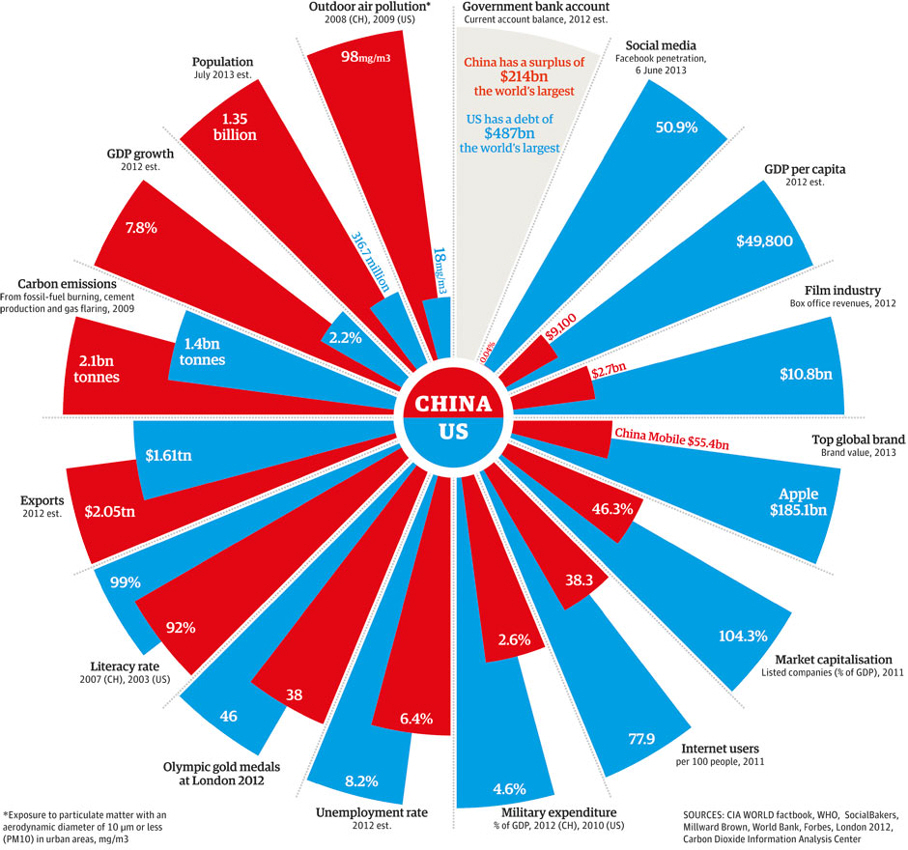US Action Against Governments Restricting Online Freedom

Table of Contents
Diplomatic Pressure and Condemnation
A cornerstone of US policy is the application of diplomatic pressure and public condemnation. The US government consistently uses official channels to denounce human rights violations related to online freedom. This includes issuing strong statements from the State Department, coordinating with allied nations to issue joint declarations, and actively engaging with international organizations like the United Nations Human Rights Council. This coordinated international pressure aims to isolate governments that restrict online freedom and shame them into changing their policies.
- Examples: The US State Department regularly publishes reports detailing internet freedom violations globally, naming and shaming specific governments and individuals. These reports often form the basis for subsequent diplomatic actions and sanctions.
- International Alliances: The US works closely with like-minded countries to amplify its message and exert collective pressure. Joint statements and coordinated actions at international forums are vital in building a global consensus on the importance of internet freedom.
- Specific Instances: For instance, the US has publicly condemned crackdowns on online dissent in countries like Myanmar, Belarus, and Venezuela, leveraging diplomatic channels to express its concerns and demand accountability.
Economic Sanctions and Financial Restrictions
In cases where diplomatic pressure proves insufficient, the US employs economic sanctions and targeted financial restrictions as powerful tools to hold accountable those responsible for suppressing online freedom. Legislation like the Magnitsky Act and the Global Magnitsky Human Rights Accountability Act empowers the US government to impose sanctions on individuals and entities involved in human rights abuses, including those responsible for internet censorship. These sanctions can include asset freezes, travel bans, and restrictions on financial transactions.
- Examples of Sanctions: The US has imposed sanctions on individuals in various countries for their roles in blocking internet access, monitoring online communications, and suppressing freedom of expression.
- Mechanisms and Impact: These targeted sanctions aim to create a significant financial and reputational cost for those involved in restricting online freedom, incentivizing them to change their behavior.
- Effectiveness of Economic Pressure: While the effectiveness of sanctions varies depending on the specific context, they serve as a potent deterrent and demonstrate the US commitment to defending internet freedom.
Supporting Civil Society and Activists
The US government recognizes the vital role of civil society organizations and human rights activists in the fight for online freedom. It provides crucial support to these groups through various programs that offer funding, training, and technological assistance. This support enhances their ability to operate securely, circumvent censorship, and advocate for change within their countries.
- Funding Programs: Several US government agencies provide grants and funding to organizations promoting digital rights and internet freedom globally.
- Digital Security Training: Training programs equip activists with the skills and tools needed to protect their digital security, including secure communication methods and techniques to avoid surveillance.
- Technology for Circumventing Censorship: Support includes access to tools and technologies that help activists overcome censorship and access information.
Promoting Open Source Technologies and Internet Infrastructure
Another key aspect of US action is promoting the development and adoption of open-source technologies and robust internet infrastructure. Open-source software and hardware are inherently more resistant to censorship and control compared to proprietary systems. Investing in secure and accessible internet infrastructure makes it more challenging for governments to monitor and restrict online activity.
- Initiatives Promoting Open Source: The US government supports initiatives that promote the development and adoption of open-source software and hardware, making it more difficult for authoritarian regimes to control information flows.
- Strong Internet Infrastructure: A resilient and widely accessible internet infrastructure is crucial for resisting censorship. Support for building robust internet infrastructure in developing countries contributes to global digital inclusion and online freedom.
- Digital Literacy: Increased digital literacy empowers individuals to navigate the digital world safely and effectively, making them less vulnerable to manipulation and censorship.
Conclusion
The US government employs a multi-pronged approach to address the growing threat of governments restricting online freedom. This approach combines diplomatic pressure, economic sanctions, support for civil society, and the promotion of open technologies and robust internet infrastructure. While challenges remain, and the effectiveness of each strategy varies depending on the specific context, the US commitment to global internet freedom is clear. These actions, while not always immediately successful, represent a crucial effort in the broader struggle for human rights in the digital age.
Call to Action: Stay informed about the fight for online freedom and support organizations working to defend digital rights worldwide. Contact your representatives to advocate for stronger policies supporting US action against governments restricting online freedom. Learn more about the ongoing efforts by researching keywords such as "US foreign policy," "digital rights," "government censorship," "internet freedom," and "sanctions." Your engagement is critical in ensuring a free and open internet for all.

Featured Posts
-
 Nikola Jokics One Handed Highlight Key To Nuggets Blowout Win Over Jazz
May 31, 2025
Nikola Jokics One Handed Highlight Key To Nuggets Blowout Win Over Jazz
May 31, 2025 -
 America Vs China A Military Power Comparison And Analysis
May 31, 2025
America Vs China A Military Power Comparison And Analysis
May 31, 2025 -
 Rilzabrutinib Erhaelt Orphan Drug Status Positive Auswirkungen Auf Die Sanofi Aktie
May 31, 2025
Rilzabrutinib Erhaelt Orphan Drug Status Positive Auswirkungen Auf Die Sanofi Aktie
May 31, 2025 -
 Bondar Ve Waltert Megarasaray Otel Acik Turnuvasi Ciftler Sampiyonlari
May 31, 2025
Bondar Ve Waltert Megarasaray Otel Acik Turnuvasi Ciftler Sampiyonlari
May 31, 2025 -
 Securite En Mer Votre Journee En Bateau En Toute Securite
May 31, 2025
Securite En Mer Votre Journee En Bateau En Toute Securite
May 31, 2025
